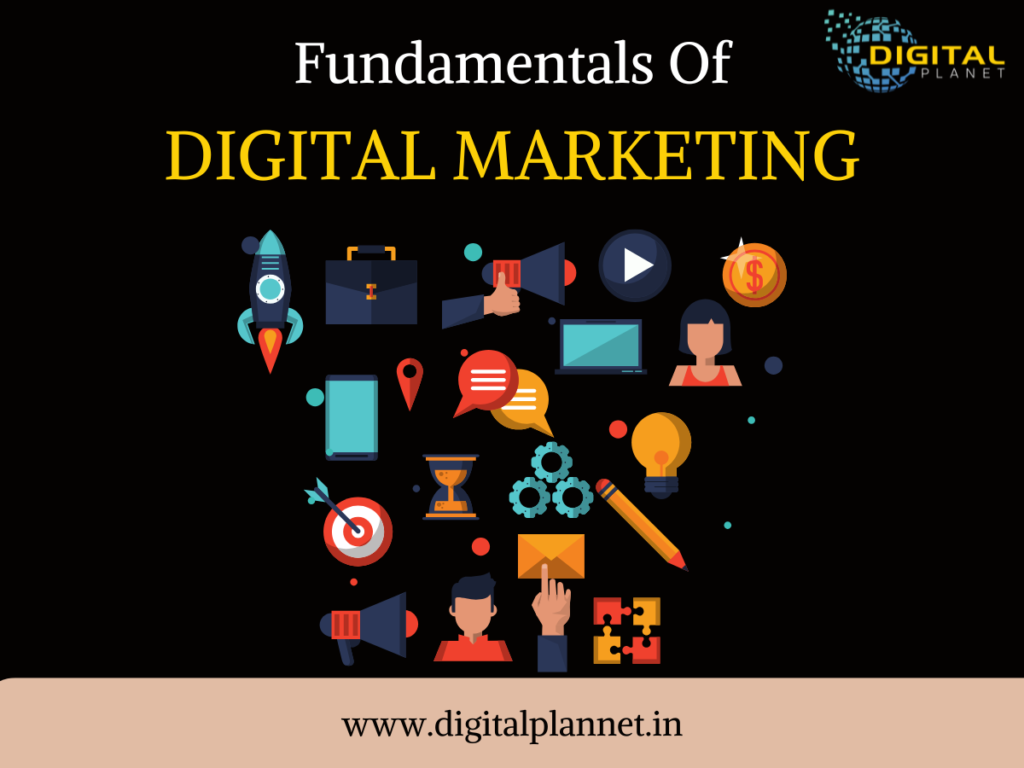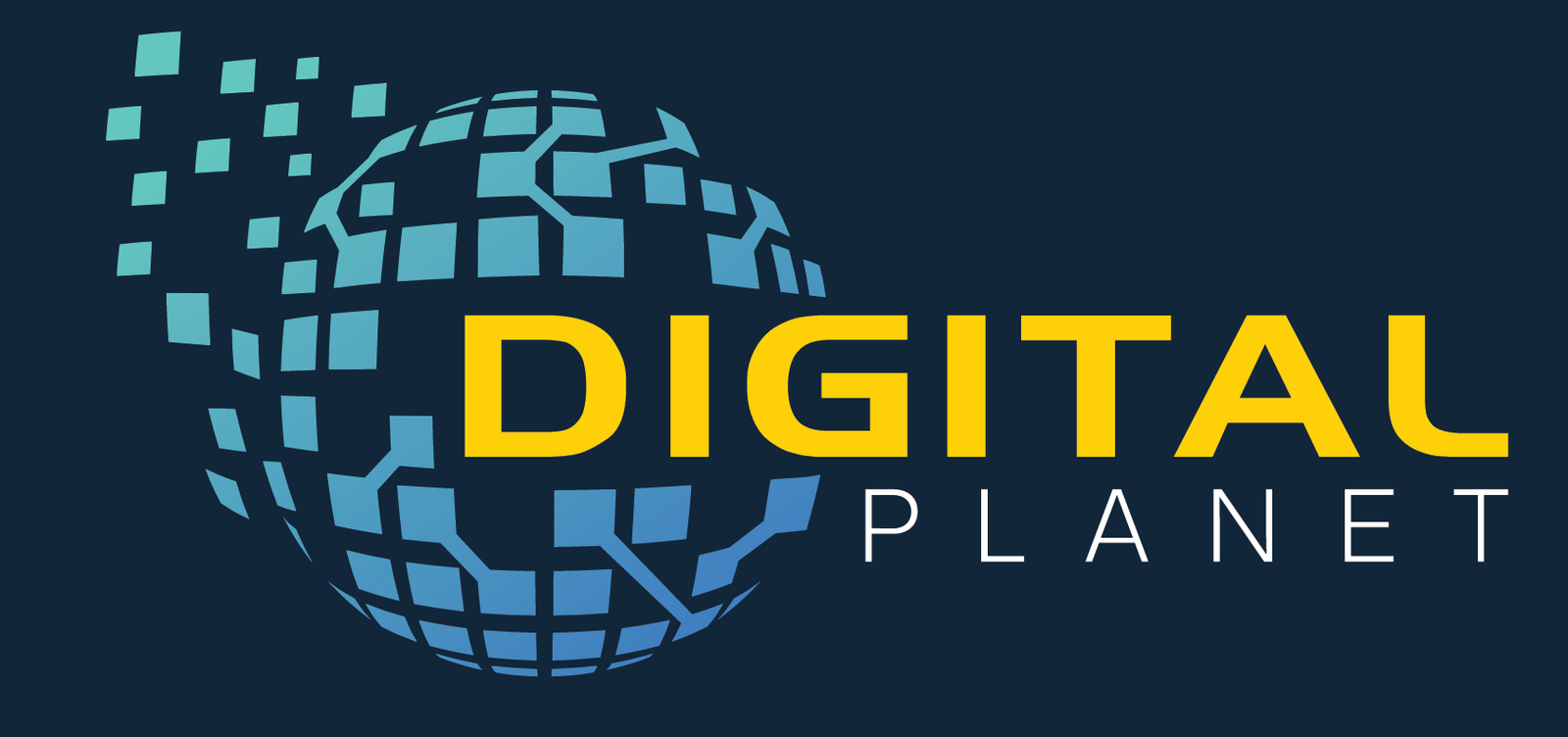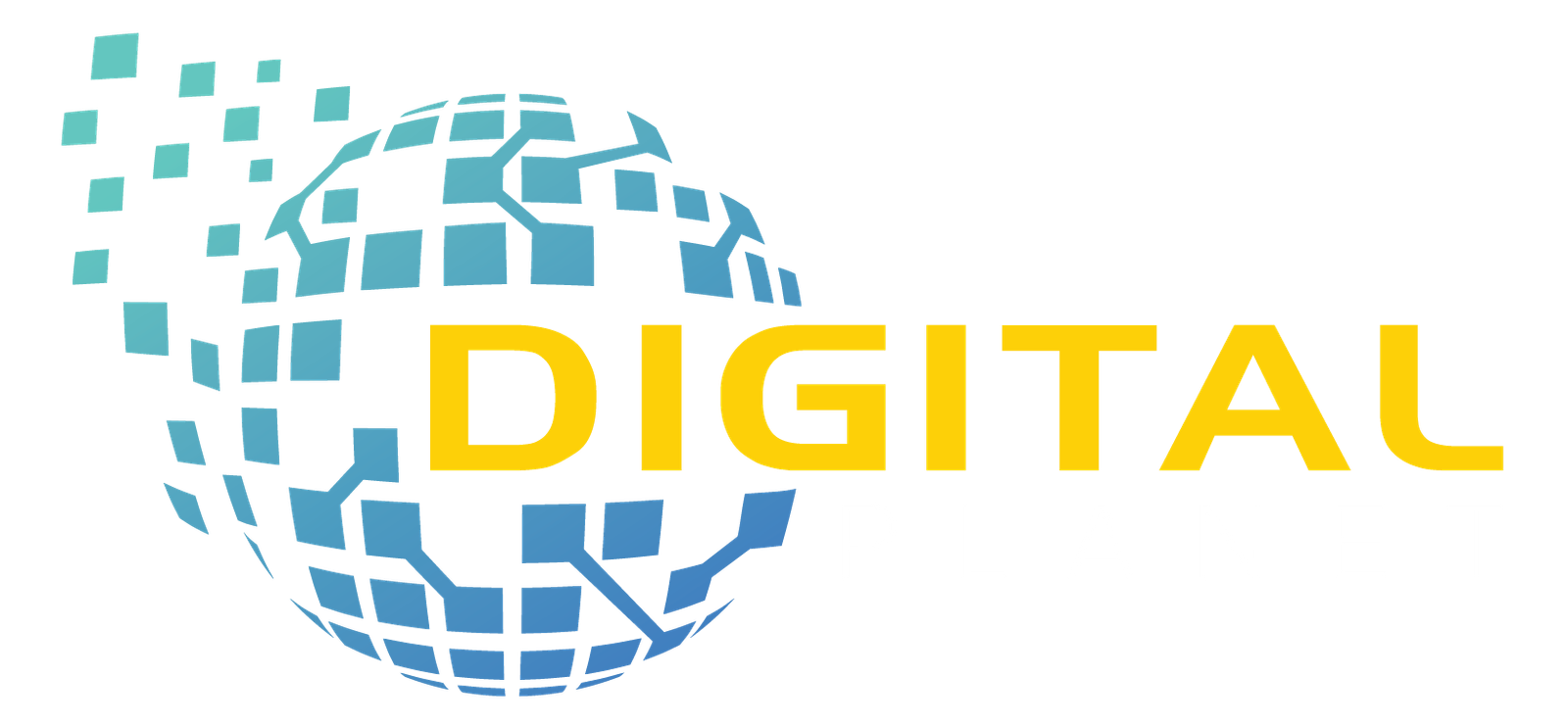Fundamentals of Digital Marketing

In today’s digital age, mastering the fundamentals of digital marketing is crucial for any business looking to thrive. Digital marketing encompasses a range of online strategies and tactics designed to connect with your audience, increase brand visibility, and drive growth. In this comprehensive guide, we will explore the key elements you need to understand to succeed in the digital marketing landscape.
What is Digital Marketing?
Digital marketing refers to the use of digital channels to promote products, services, or brands. These channels include websites, search engines, social media platforms, email, and more. The goal is to reach your target audience, engage them, and convert them into loyal customers. Unlike traditional marketing, digital marketing is data-driven, allowing businesses to analyze performance and adjust strategies in real time.
The Importance of Digital Marketing
In a world where the majority of consumers are online, digital marketing is no longer optional—it’s a necessity. Here’s why:
Wider Reach: Digital marketing allows businesses to reach a global audience, breaking down geographical barriers.
Cost-Effective: Compared to traditional marketing methods, digital marketing offers a more affordable way to target specific demographics.
Measurable Results: With digital marketing, you can track every click, conversion, and engagement, allowing you to fine-tune your strategy for better results.
Increased Engagement: Digital platforms enable direct interaction with your audience, fostering deeper connections and trust.
Key Elements of a Successful Digital Marketing Strategy
1. Search Engine Optimization (SEO)
Search Engine Optimization (SEO) is the process of optimizing your website to rank higher in search engine results. A well-executed SEO strategy can drive organic traffic to your site, increase visibility, and enhance credibility. The fundamentals of SEO include:
Keyword Research: Identifying the keywords your target audience is searching for and integrating them naturally into your content.
On-Page SEO: Optimizing elements on your website such as meta descriptions, title tags, headers, and internal links.
Off-Page SEO: Building high-quality backlinks from reputable websites to increase your domain authority.
Technical SEO: Ensuring your website’s structure, speed, and performance are optimized for search engines.
2. Content Marketing
Content marketing involves creating and distributing valuable, relevant content to attract and engage your target audience. Quality content establishes your authority in your industry and helps nurture leads. Key components of content marketing include:
Blog Posts: Writing informative articles that answer your audience’s questions and address their pain points.
E-books & Whitepapers: Offering in-depth guides and resources in exchange for contact information to generate leads.
Video Content: Using engaging video to explain complex topics, share testimonials, or showcase your products.
Infographics: Simplifying complex data into visual formats that are easy to digest and share.
3. Social Media Marketing
Social media platforms are a powerful tool for brand awareness and customer engagement. A successful social media strategy requires understanding the unique characteristics of each platform and tailoring your content accordingly. Important aspects to consider:
Platform Selection: Choose the right social media channels based on your target audience’s preferences (e.g., Instagram, LinkedIn, Facebook, TikTok).
Content Calendar: Plan and schedule posts to maintain a consistent presence.
Engagement: Respond to comments, messages, and reviews to build relationships with your audience.
Paid Ads: Utilize paid social media campaigns to target specific demographics and drive traffic to your website.
4. Pay-Per-Click Advertising (PPC)
Pay-per-click (PPC) advertising is a digital marketing model where advertisers pay a fee each time their ad is clicked. This is a way to buy visits to your site rather than earning them organically. Key elements of a successful PPC campaign include:
Keyword Targeting: Selecting the right keywords to trigger your ads in search engines.
Ad Copy: Writing compelling headlines and descriptions that encourage users to click.
Landing Pages: Creating optimized landing pages that match the ad content and encourage conversions.
A/B Testing: Testing different versions of your ads to identify what works best.
5. Email Marketing
Email marketing is a direct form of communication with your audience, allowing you to send personalized messages to prospects and customers. A successful email marketing strategy includes:
Building an Email List: Use lead magnets, such as free resources or discounts, to encourage sign-ups.
Segmenting Your Audience: Group your subscribers based on behavior, demographics, or interests to send targeted emails.
Crafting Effective Emails: Write engaging subject lines, provide valuable content, and include clear calls-to-action.
Automation: Utilize email automation to send timely follow-ups, welcome emails, and abandoned cart reminders.
The Role of Analytics in Digital Marketing
Digital marketing is all about data. The ability to measure and analyze performance is one of the greatest advantages of digital marketing over traditional methods. Here’s what you need to know:
Tracking KPIs: Identify the key performance indicators (KPIs) that matter to your business, such as traffic, conversion rate, and customer acquisition cost.
Using Tools: Utilize tools like Google Analytics, SEMrush, and Ahrefs to gather insights about your website’s performance and traffic sources.
A/B Testing: Experiment with different versions of content, ads, or landing pages to find the most effective approach.
Making Data-Driven Decisions: Use the data you collect to refine your strategies, improve user experience, and boost ROI.
Building a Strong Brand Presence
A strong brand presence is essential in the digital space. Branding goes beyond logos and color schemes; it’s about how your audience perceives your business. Consider the following:
Consistent Visual Identity: Use consistent visuals, fonts, and colors across all digital platforms.
Brand Voice: Develop a unique and authentic brand voice that resonates with your target audience.
Engaging Content: Share your story, values, and behind-the-scenes content to humanize your brand.
Customer Experience: Focus on providing a seamless and positive customer experience at every touchpoint.
Challenges in Digital Marketing and How to Overcome Them ?
The digital landscape is constantly evolving, presenting several challenges. Here’s how to overcome the most common obstacles:
Keeping Up with Trends: Digital marketing trends change rapidly. Stay updated by following industry leaders, attending webinars, and subscribing to relevant newsletters.
Adapting to Algorithm Changes: Search engine and social media algorithms are always evolving. Focus on creating high-quality content that provides value to your audience.
Managing Budget Constraints: Digital marketing can be cost-effective, but careful budgeting is necessary. Prioritize high-ROI strategies like content marketing and SEO.
Standing Out in a Crowded Market: Competition is fierce. Differentiate your brand by highlighting your unique selling proposition (USP) and focusing on personalized customer experiences.
The Future of Digital Marketing
Digital marketing is not static; it’s an ever-changing field that demands innovation and adaptation. Here are some trends that will shape the future of digital marketing:
Artificial Intelligence & Automation: AI will play a larger role in analyzing data, predicting trends, and automating marketing tasks.
Voice Search Optimization: With the rise of smart speakers, optimizing for voice search will become increasingly important.
Video Content: Short-form videos, live streaming, and interactive video content will continue to dominate.
Personalization: Customized content and tailored user experiences will be key to attracting and retaining customers.
Data Privacy: As privacy concerns grow, marketers will need to find a balance between personalization and data protection.
Conclusion
Mastering the fundamentals of digital marketing is essential for any business that wants to succeed online. By understanding the core elements, staying updated with trends, and utilizing data to make informed decisions, you can develop a strong digital presence that drives results.

